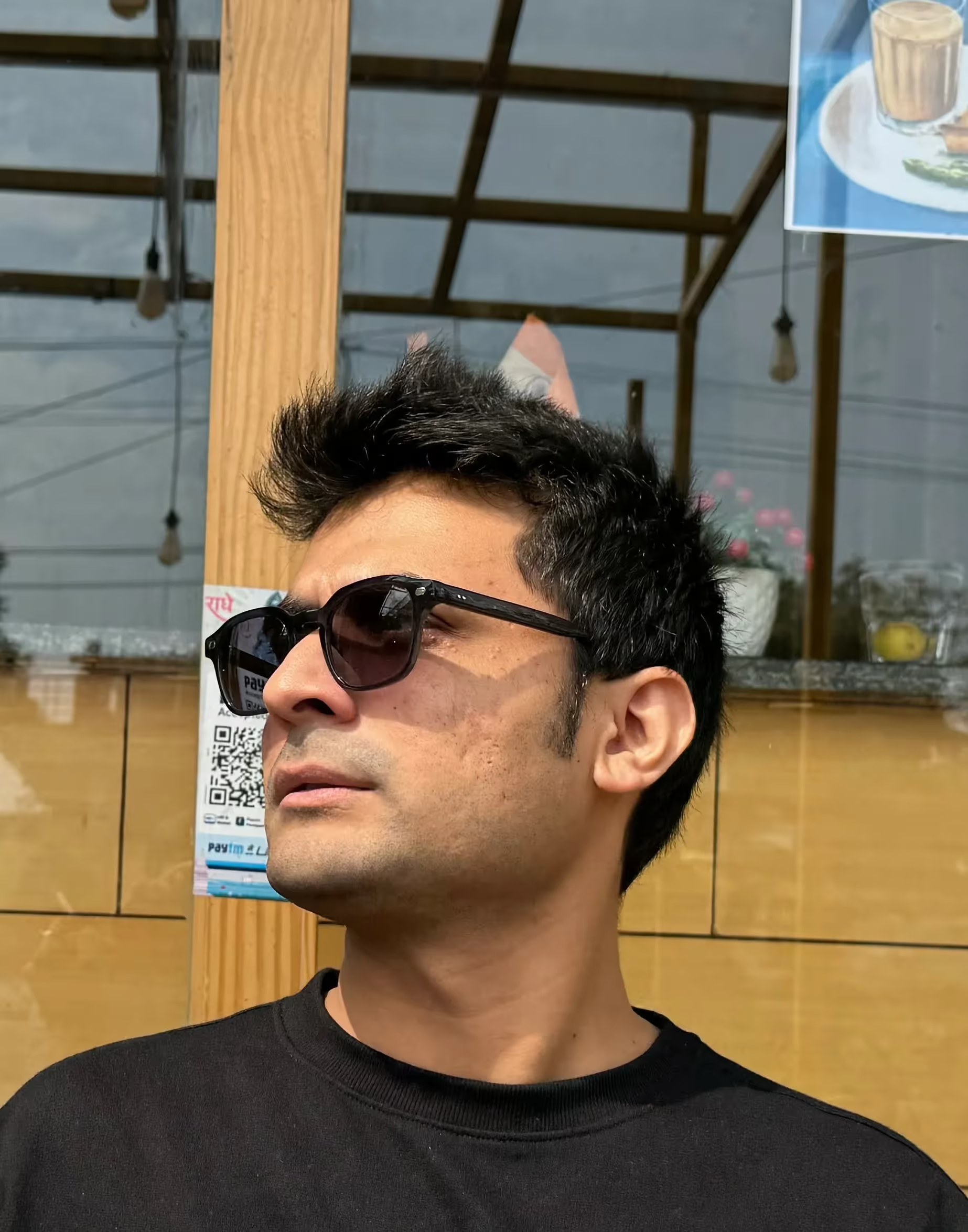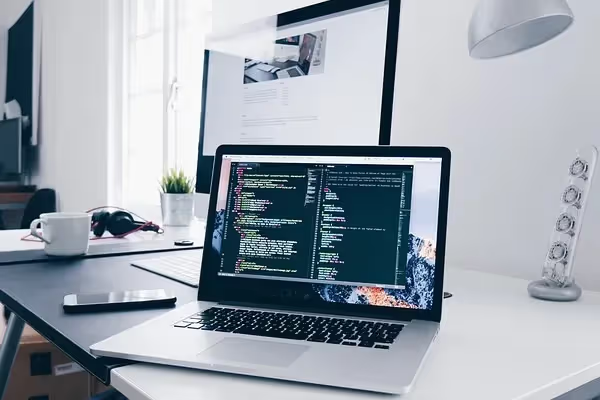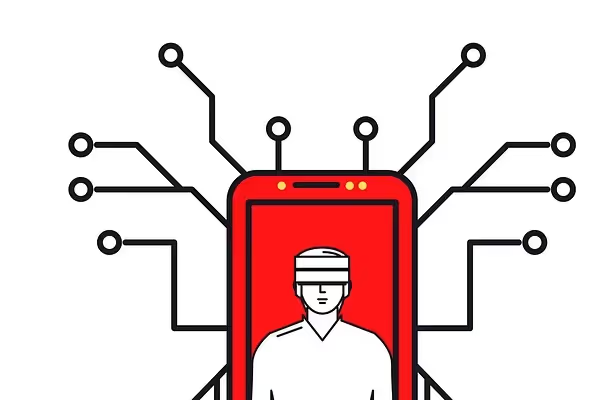In today's hyperconnected world, every tweet, post, video, or comment can leave a permanent digital trail. Governments worldwide are increasingly turning to these digital footprints to make more informed, secure, and strategic decisions. This practice known as social media vetting is rapidly transforming the way public institutions screen individuals for visas, public office, security clearance, and more.
In this blog, we’ll break down exactly what social media vetting is, how governments are using it, the ethical implications, and what it means for public trust, safety, and transparency.
🔍
Learn how automated tools simplify social screening
Explore digital methods for background verification
What Is Social Media Vetting?
A Modern Tool for Assessing Online Behavior
Social media vetting is the practice of reviewing an individual’s publicly available digital activity such as Facebook posts, tweets, TikToks, and Reddit comments to assess risk, behavior, and suitability for certain roles or permissions.
While once primarily used by employers, it is now widely adopted by:
- Immigration authorities
- Law enforcement agencies
- Intelligence and national security units
- Political appointment committees
- Public sector hiring boards
The objective? Online behavior analysis to assess character, values, intent, and potential threats based on one's digital presence.
Why Are Governments Turning to Social Media Vetting?
1. To Bolster National Security
Agencies like the U.S. Department of Homeland Security and the UK Home Office have publicly confirmed their use of social media background checks during immigration, visa processing, and border security screening. This helps identify potential security risks before they enter the country.
- Prevent radicalization and terrorist threats
- Spot affiliations with hate groups or violent movements
- Detect attempts to spread disinformation or propaganda
2. To Verify Identities and Backgrounds
Social media content can help corroborate an individual’s identity, employment history, or claims in official documentation. This aids in preventing fraud or falsified applications for public assistance, asylum, or citizenship.
📍 Related: Learn more about background verification processes for government programs.
3. To Protect Public Office and Reputation
Government agencies increasingly perform online behavior analysis of individuals nominated for public roles or elected positions. This ensures accountability, transparency, and alignment with civic values.
- Screen for past offensive content
- Detect conflicts of interest or affiliations
- Evaluate conduct for suitability in leadership roles
How Social Media Vetting Works in Practice
Step 1: Public Data Collection
Using software tools or manual review, agencies collect publicly available content from social media platforms. This does not include private messages or data behind privacy settings.
Step 2: Keyword and Pattern Analysis
Automated systems, such as AI-powered social screening tools, analyze content for red-flag indicators, including:
- Hate speech, racism, or bigotry
- Violent ideologies
- Threats or criminal language
- Disinformation campaigns
- Associations with extremist groups
Step 3: Human Review and Decision Making
Once the flagged results are generated, human analysts verify context and relevance. The final decisions whether to deny a visa, rescind a nomination, or assign a clearance are typically made by trained officials based on combined evidence.
Global Examples of Social Media Vetting in Government
1. United States: Homeland Security and Visa Screening
Since 2019, the U.S. has required most visa applicants to disclose their social media handles during the application process. This content is vetted for signs of extremist behavior or fraudulent identity.
2. United Kingdom: Immigration and Public Safety
The UK Home Office has invested in online vetting software to track digital activity related to radicalization, hate crimes, and immigration fraud. They’ve also used it during public disorder monitoring.
3. India: Intelligence and Civil Service Screening
Indian police forces and intelligence agencies have used social media vetting to monitor protests, civil unrest, and political affiliations. Civil service applicants are also increasingly subject to digital screening.
Advantages of Social Media Vetting for Governments
1. Enhanced Threat Detection
Monitoring social media allows agencies to uncover early signs of radicalization, intent to commit violence, or fraud faster and more proactively than traditional investigations.
2. Faster Background Checks
AI-powered vetting tools reduce the time needed to process immigration applications or security clearances. Governments can now complete reviews in days instead of weeks.
3. Greater Accountability in Public Service
Screening nominees or public sector workers prevents the appointment of individuals with discriminatory or unethical histories. This promotes public trust and institutional integrity.
🔗 Want to vet digital behavior ethically? Explore automated social screening tools
Ethical and Legal Considerations
Is It a Violation of Privacy?
Governments are only permitted to view public content—anything a user posts openly on the internet. Accessing private accounts or hacking violates data protection laws and is illegal in most democratic nations.
Are There Global Regulations?
Yes. Agencies must comply with privacy laws like:
- GDPR (European Union)
- FCRA and Privacy Act (USA)
- DPDP Bill (India)
- Data Protection Act 2018 (UK)
Clear policies and transparency are crucial to ethical implementation.
Limitations and Challenges of Social Media Vetting
1. Context Misinterpretation
AI tools can misread sarcasm, memes, or cultural nuances, flagging harmless content as dangerous. Human oversight remains essential to avoid false positives.
2. Risk of Bias
If not properly calibrated, algorithms may unfairly target certain groups or demographics. Agencies must regularly audit their online behavior analysis tools to avoid discriminatory outcomes.
3. Chilling Effect on Free Speech
When citizens know they’re being watched, they may self-censor even if they’re not violating laws. This raises questions about democratic expression and digital surveillance.
The Future of Social Media Vetting
As public trust becomes a cornerstone of governance, social media background checks are likely to become standard for:
- Government contractors
- Visa applicants and immigrants
- Public safety hires
- Elected or nominated officials
- Students applying for public scholarships or exchange programs
With evolving tech, ethical frameworks must evolve too—ensuring that vetting serves the public interest without infringing on civil liberties.
FAQs
1. Is social media vetting legal for governments?
Yes, provided it’s limited to publicly available data and follows local privacy laws. Many countries have adopted regulations to balance national security with personal privacy rights. Government agencies are held to a high standard of transparency and fairness in applying such vetting procedures.
2. Do governments monitor private accounts?
No. Legal social media vetting involves only public content. Accessing private data without a warrant or consent is illegal and can violate constitutional or international data rights. Ethical agencies are careful not to breach these boundaries.
3. What types of content are red flags?
Violence, hate speech, affiliations with extremist groups, threats to public officials, or false claims related to identity or documents are typically flagged. AI tools look for patterns, not isolated incidents, and results are reviewed by trained analysts.
4. How does social media vetting protect national security?
It helps detect early signs of terrorism, fraud, or criminal behavior before individuals enter a country or are appointed to sensitive roles. By analyzing open-source data, agencies can make better-informed security decisions.
5. Can someone be denied a visa because of a post?
Yes, if a post clearly shows support for violence, criminal activity, or misinformation that could endanger public safety, a visa application can be denied. However, human review ensures that no decision is made solely by automation.
6. Are elected officials screened via social media?
Yes, background checks for public office often include social media vetting. This helps uphold integrity and prevents reputational risks by surfacing past unethical behavior or controversial statements.
7. Is social media vetting used in public-sector hiring?
Increasingly, yes. Many governments are now using social media background check tools to evaluate behavior patterns in applicants for law enforcement, civil service, and defense roles.
8. Can social media vetting impact public trust?
When used ethically and transparently, yes. It reinforces public safety and accountability. But misuse or overreach can lead to surveillance concerns. Proper policy frameworks are essential for trust-building.











